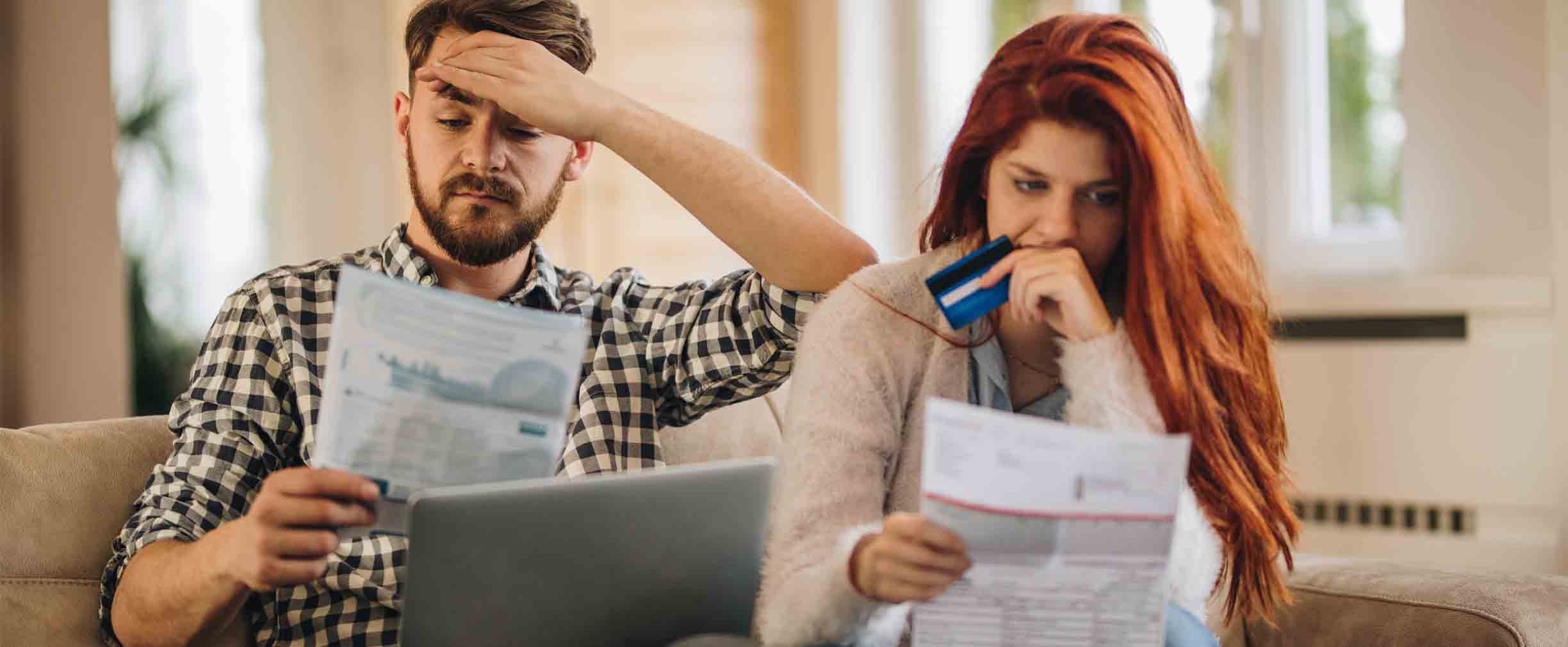Before using a credit card to pay your bills, ask yourself the following questions.
It can be tempting to use a credit card to pay your bills, whether money is tight or you’re thinking of earning reward points. Whatever your reason, proceed cautiously as credit card debt can accumulate fast if not handled correctly. Before paying bills with a credit card, ask yourself the following questions.
Can I pay my credit card bill in full?
If the answer is no, it’s strongly advised that you use cash to pay your bills. Remember: interest charges can add up quickly, and depending on your card’s interest rate, you may find yourself paying much more over the long-term.
Is there a clear benefit?
There may be some instances where making a payment with your credit card is beneficial. For example, you may choose to use credit to make a payment that will later be reimbursed by your employer. Likewise, if you’re taking advantage of a credit card perk or an introductory offer, using your credit card to pay bills can be beneficial — provided you are able to pay your balance in full right away.
Will you be charged a fee?
Be sure to read the fine print before using a credit card to cover a bill, as some companies will charge a fee for doing so. Fees may be a set dollar amount; however, some cards will charge you a percentage of your payment. While the percentage might be minimal when applied to a small utility bill, it could be quite significant in other instances, such as with rent payments. These fees can add up over time, so proceed carefully.
If You’re Experiencing Financial Hardship
If you’ve just lost a source of income or are struggling to make ends meet on your current income, it may be especially tempting to use a credit card to help fill the gaps. However, in these instances, it’s more important than ever to proceed cautiously. As a rule of thumb, you should only use your credit card for bills that you will be able to pay off before interest starts accruing. Before using your credit card, follow these strategies for what to do when you can’t pay a bill.
It’s important to remember that using your credit card to pay bills is a short-term solution that can potentially set you further back financially if you’re unable to pay your credit card bill when the time comes. You could negatively impact your credit score and, depending on how long your current hardship lasts, could potentially lead to unmanageable debt.
Still have questions? We’ve got the resources to help. For tips, tools, and articles designed to help you make smarter money management decisions, visit Regions Next Step.











